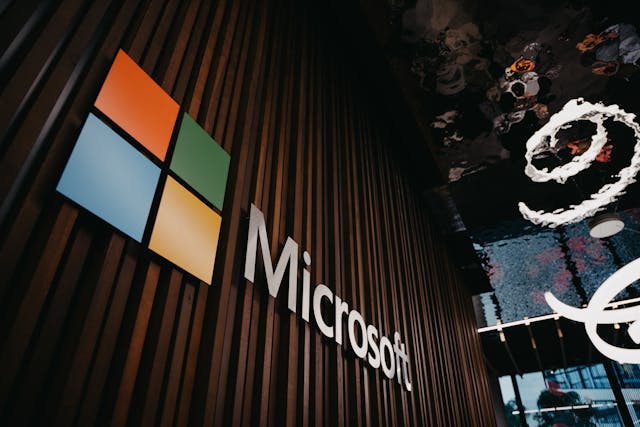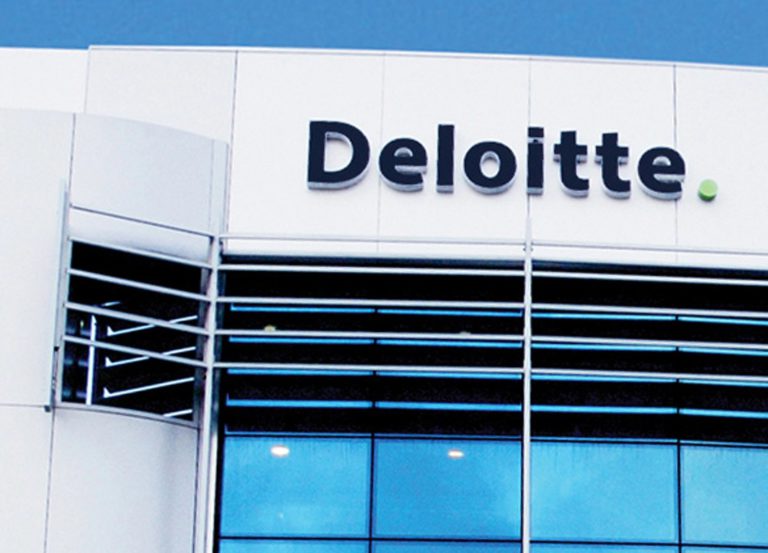Microsoft’s decision to end support for its Windows 10 operating system tomorrow is expected to have far-reaching implications for businesses, especially smaller ones with limited IT resources.
From 14th October 2025, computers running Windows 10 will no longer receive security updates, patches, or technical assistance from Microsoft. The move, which marks the end of a decade-old operating system, has sparked backlash among consumer groups and campaigners concerned about cybersecurity and e-waste.
Microsoft has been encouraging users to upgrade to Windows 11 – released in 2021 – and is offering a paid, one-year extension of security updates for Windows 10 users whose devices are not compatible with the new software.
However, as of September this year, Windows 10 was still powering over 40 per cent of all Windows computers worldwide, according to Statcounter, meaning millions of users – including Maltese businesses – are likely to be affected.
SMEs ‘most at risk’
Ruben Azzopardi, Sales Manager, and Finian Massa, Strategic Marketing Manager at ICT Solutions, tell BusinessNow.mt that they expect the biggest impact to fall within two areas: “SMEs, who tend to have a more fragmented IT strategy and lower IT budgets and as such are likely to be the most impacted; and larger enterprises with legacy systems which for whatever reason cannot be upgraded to newer operating systems.”
They note that while larger organisations and government agencies often have IT plans in place, SMEs form the bulk of Malta’s business landscape and may be hit hardest. “In fact, a recent local analysis noted that outdated systems requiring patching are a major cybersecurity weakness for organisations – and it found Malta’s small businesses and professional services firms scored below average in cyber preparedness,” they say.
“This suggests that many smaller firms have delayed upgrades, whether due to cost or an ‘if it isn’t broken’ mindset,” they continue. “The end of Windows 10 support will force these businesses to act: Either upgrade their operating systems (and possibly hardware) or risk running unsecured, out-of-date machines.”
In the short term, the shift will require businesses to budget for software and hardware upgrades, while the longer-term benefit lies in improved security and functionality.

Mr Azzopardi and Mr Massa also note that “thousands of individuals and organisations in the EU and USA have petitioned Microsoft to extend the free updates for Windows 10 beyond the 14th October 2025 deadline, arguing that ending support will lead to massive e-waste as millions of devices can’t upgrade to Windows 11 due to hardware limitations.”
“So yes,” they say, “we expect an impact on local businesses, especially on smaller businesses that did not have the internal IT resources to plan for such an update.”
Cybersecurity and compliance concerns
Continuing to use Windows 10 after the deadline poses a major cybersecurity risk, the experts warned.
“The primary concern is security: Without regular patches, any new vulnerability discovered in Windows 10 will remain unpatched and exploitable. Cybercriminals are quick to target outdated systems – machines stuck on an unsupported OS become priority targets for attackers scanning for known security holes,” they explain.
They add that running an unsupported operating system could also breach regulatory obligations: “Organisations in Malta (especially those handling personal data or operating in regulated sectors, such as those impacted by DORA or NIS2) have legal obligations to maintain secure systems. Running an obsolete, unpatched OS violates cybersecurity best practices and regulatory standards, potentially affecting insurance coverage or incurring fines if a breach occurs.”
According to ICT Solutions, “small firms often lack dedicated IT staff, and statistics show they are frequent cyber targets – a 2023 Microsoft report found 70 per cent of ransomware attacks globally were aimed at SMEs. In Malta’s case, many SMEs already underrate their cyber risk. If they continue with unpatched Windows 10 systems, they risk becoming easy prey for attackers, potentially suffering financial losses or business interruption from an avoidable incident.”
Planning for upgrades
Asked whether companies should invest in new hardware, the ICT Solutions representatives said that businesses with compatible hardware should take advantage of Microsoft’s free Windows 11 upgrade.
“If existing PCs meet the Windows 11 hardware requirements (such as a compatible CPU and TPM 2.0 security chip), businesses can upgrade the operating system without replacing the machine. This is the straightforward path Microsoft encourages,” they say.
However, they note that older hardware – particularly machines more than four or five years old – might not meet the requirements. “For those systems, the choice is either to keep running an unsupported OS (with the risks noted above) or to purchase new, Windows 11-ready devices. Up-to-date hardware brings performance and security improvements, but cost is a factor – something SMEs must budget for,” they said.
They advise that the extra year of paid security updates Microsoft is offering should be treated as a “temporary solution”, not a long-term plan. “Businesses should use the time to plan an update to old and out-of-date systems,” they said.
What Maltese businesses should do now
Mr Azzopardi and Mr Massa outlined key steps for companies to prepare for the transition.
These include:
- Assessing IT inventory – identifying which computers and servers are running Windows 10 and whether they can be upgraded or must be replaced.
- Planning a phased upgrade – deploying updates department by department, to reduce disruption.
- Backing up data – ensuring all data is securely stored before any upgrade.
- Training employees – helping staff adapt to interface changes and new features in Windows 11.
- Seeking expert support – using local IT consultants or Microsoft partners, and applying for funding schemes such as Digitalise Your SME to offset costs.
‘Many businesses may not even realise they’re affected’
Stephen Abela, Founder of Ixead, said his company – which specialises in transitioning old on-premises ERP systems to cloud-based software – has so far seen little panic among clients.
“So far only one prospect has approached us as they have an old CRM system running on Windows 10 and they were interested to upgrade it to SaaS,” he says. “We do support a few clients on-premise, but so far no one has come to us saying they’re panicking because of Windows 10.”
However, he noted that some businesses may be unaware of their reliance on Windows 10 systems. “I think all businesses need to check if they have these machines because maybe they don’t even know. That’s the first step,” he says.
“They need to be guided by the infrastructure service provider, together with the application service provider,” he added.
Mr Abela also warns that continuing to use Windows 10 carries a “huge risk”, particularly for businesses running software that requires frequent updates. “If you’re running applications and you need to do some updates for the application, you’re not guaranteed that those applications will continue working then,” he says.
He believes that firms will ultimately need to upgrade or move to alternative systems. “Who is running Windows 10 then needs to find an alternative. Either update Windows or go to another software service if possible,” he says.
From halls to packed streets: How tomobla is reinventing itself for a new generation
Eyes down, marker held strong, and hopes high!
Malta’s milk heritage celebrated in new book
The book 'captures the rich heritage and evolving story of a product that has nourished generations and shaped local traditions'
Deloitte caught using hallucinating AI in report for Australian Government
The firm has since agreed to refund the final instalment of its contract








